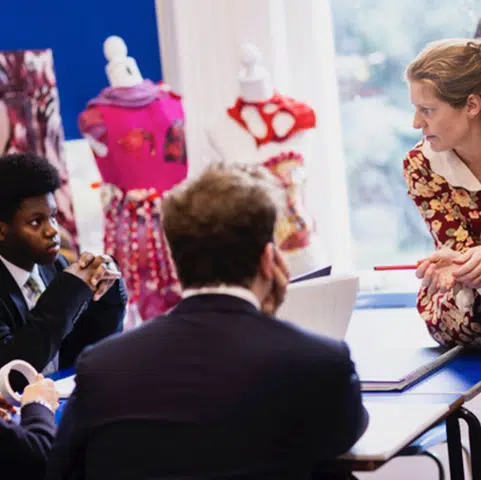International students often underestimate the amount of time required to apply for admission to a college or university in the United States. You can avoid this mistake by setting a schedule for yourself that begins well in advance of the time that you plan to begin your studies.
Always remember that starting the process early is the best way forward. You will need to allow yourself sufficient time to thoroughly research the institution and/or program that will best serve your academic and professional goals. Then you must meet the application deadlines of the universities to which you apply, which may be up to ten months before the beginning of the school term.
Especially for schools with competitive admissions (so-called Ivy League plus others), the application process takes a significant amount of time and effort. You will need to write personal statements and request recommendations from teachers or others who know you well. Even if you are applying online via the Common Application, you will want to get started early. University websites and other academic internet sites may provide quick and convenient access to the required application forms, but you still need time to research your options, contact teachers and institutions to provide recommendations and transcripts, and sign up for required entrance exams in time to meet application deadlines.
Application Timeline
This application timeline will provide you with detailed information about the steps you should take and when you should take them in order to plan your approach to studying in the USA. The plan starts 18 months before you wish to study, so you need to get planning soon! Of course, if you don’t have that much time you can still jump in and catch up – but the earlier the better.
18 Months Before U.S. Study
- Research various colleges and universities programs
- Register and prepare for required entrance exams
- Keep working hard in school
12-14 Months Before U.S. Study
- Choose the schools to which you will apply
- Obtain all necessary information and forms for each school
- Take required entrance exams
10-12 Months Before U.S. Study
- Request any forms and information again, if necessary
- Identify your references and supply them with required reference forms
- Request transcripts from your school/s
- Write your application essay (also called a “personal statement”)
10 Months Before U.S. Study
- Retake entrance exams if scores were unsatisfactory
- Line up all required financing
- Complete and mail applications
- Electronic Applications: An Additional Note
3 Months Before U.S. Study
- Apply for your student visa
- Research health insurance options for your time abroad
- Make travel arrangements for when you arrive in the U.S.
Standardised Tests
Most U.S. colleges and universities require that you take one or more standardised admissions tests in order to gain entrance into their programs. SAT, ACT, TOEFL, IELTS.
Test Overview
Most U.S. colleges and universities will require that both undergraduate and graduate students applying for admission take one or more standardised admission tests. They are intended to provide a common measure for comparing the abilities of students who come from a variety of educational backgrounds and institutions. Scores from these tests will be sent with your application packets, along with your college applications, essays, references, transcripts, work experience and other information you prepare for consideration.
Universities generally determine the ability of an international student after reviewing all of the criteria above, including whether his or her English skills are sufficient to successfully complete their academic program. Some schools may place more weight on students’ test scores than others. Various factors complicate the interpretation of standardised test scored for international students. For example, the degree of English proficiency may affect test performance. Moreover, school officials must consider the cultural and educational backgrounds of international students, since the tests were developed for students who were educated in the United States.
The level of skills required for success in undergraduate studies varies by field or department. Institutions often look at the separate components of test scores because there may be significant differences between them. For example, one student might score low on the verbal measure but high on a maths measure of a test, while another student might score the opposite. An English department and an engineering department would consider these students differently.
Institutions might also look at separate measures on English proficiency tests such as grammar, listening, reading, speaking and writing. Some departments might consider it crucial to have high scores in listening and speaking; others might feel it is important to have high scores in reading and writing.
Further information and assistance can be found at A LIST

